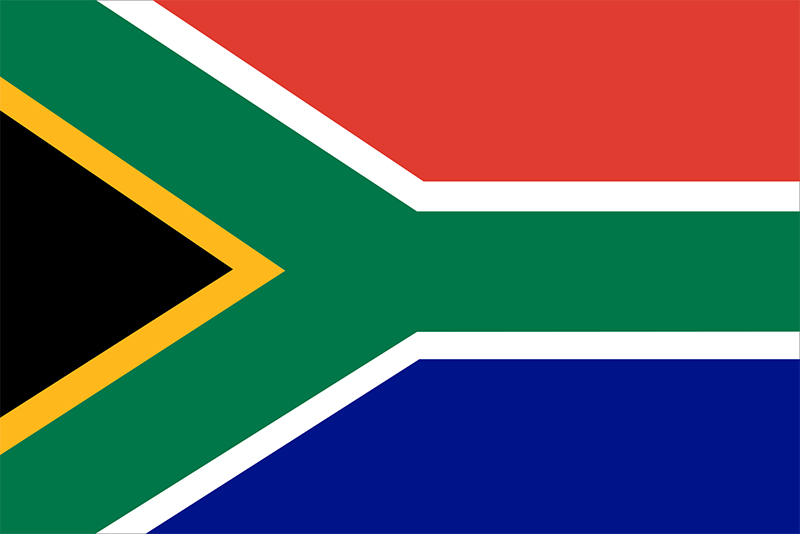 By Gill Price
By Gill Price
Our response to COVID-19 was swift and decisive. Our prompt action prevented the spread of the virus and saved thousands of lives. Lessons learned from fighting the deadly disease have prepared us to deal more decisively and even better with future global health threats.
Recently, lessons learned from managing the COVID-19 pandemic became instrumental in our response to isolated cases of cholera in the country. Between 1 January and 1 February this year, South Africa recorded 46 suspected cholera cases and five confirmed cases. To date the country has already active local outbreak response teams to investigate, conduct active case finding and contact tracing, determine the source of infection and to put control measures to prevent further transmission.
Since there is a reasonable amount of movement of people across our borders, we have also taken steps to strengthen cross-border information sharing and collaboration with our neighbouring countries in order to minimise cross-border transmission.
These lessons learned from COVID-19 have also been critical to our response to contain isolated cases of cholera in the Free State, Limpopo and Gauteng last year. The first case was reported in February last year and 119 cases were confirmed by the National Institute for Communicable Diseases (NICD) as of 30 May 2023.
Even though efforts to contain and eliminate the disease progressed well we lost 25 lives in five months last year. We are deeply saddened by this and express condolences to the families and friends who have lost their loved ones.
Our response to this isolated cholera outbreak was fast and efficient in order to prevent the spread. Our priority was to end it and ensure safe water for those affected. We deployed experienced Outbreak Response Teams to assist authorities in the affected provinces. We also provided additional water tanking services to residents as well as raised awareness about proper hygiene.
To ensure that water is safe for drinking, we established technical teams to conduct water quality tests at distribution points and at water treatment works in the affected areas. This included providing psychosocial support to families that have lost their loved ones.
In Hammanskraal, which had the highest number of cases confirmed, we set up a field hospital in Kanana to provide medical care for people affected by an outbreak. We further created special cholera and gastroenteritis wards as well deployed a specialist gastroenteritis physician to Jubilee Hospital.
It is safe to say that based on the number of confirmed cases in the country, we dealt with localised outbreaks that should not be interpreted as a national outbreak.
South Africa was one of 24 countries around the world, which reported cases in the beginning of last year. The United Nations attributed that sudden rise to a combination of issues such as climate change, underinvestment in water, sanitation and hygiene or armed conflict.
Generally, our water quality in South Africa is of a high standard and compares well with the best in the world according to the Water Research Commission. Our long-term priority is to ensure the quality of water including sanitation is maintained throughout municipalities in the country.
Work is already underway to ensure that local councils use their water infrastructure grants effectively. For the current financial year, over R14 billion has been set aside for municipalities to address water infrastructure backlogs.
R10.1 billion of this money has been made available through the Regional Bulk Infrastructure Grant (RBIG), while R4.6 billion through the Water Services Infrastructure Grant (WSIG). The WSIG will be spent on 400 different projects while RBIG on 130 projects around the country.
Preventing the spread of cholera requires affected communities to play their part. Cholera can be prevented by using safe water and practising good personal hygiene. You can treat the water first by boiling it for at least 1 minute and always wash your hands with clean water and soap.
People having a runny tummy, nausea or gastrointestinal symptoms should immediately visit their nearest community health centre, doctor, clinic, or hospital.
In dealing with COVID-19, South Africans have demonstrated that there is no challenge too great that we cannot overcome when we stand together. Let us continue to unite and work together to eliminate cholera.
Gill Price is Director: Communication Resource Centre at Government Communication and Information System





